Skin whitening treatments have gained popularity as individuals seek to achieve a more even-toned complexion. While many treatments can help lighten dark spots and hyperpigmentation, it is essential to focus not only on the treatment itself but also on how to maintain the results. Preventing skin damage post-treatment significantly contributes to the longevity of the results and ensures that your skin remains healthy and vibrant. This article discusses practical strategies to protect your skin following Skin Whitening Treatment in Abu Dhabi.
Understanding Skin Damage
The Nature of Skin
The skin, being the largest organ in the body, has multiple layers and plays a significant role in protecting the inner workings of our body. Post-treatment, the skin can be particularly vulnerable due to various factors such as sensitivity, exposure, and potential environmental irritants.
Common Causes of Skin Damage
Identifying what can lead to skin damage is crucial. Factors include excessive sun exposure, improper aftercare, harsh skincare products, and environmental pollutants. Understanding these can better prepare you to implement preventative measures.
Key Practices to Protect Your Skin
Daily Sun Protection
Importance of Sunscreen
One of the most critical steps in maintaining skin health after a whitening treatment is applying a high-quality sunscreen. UV rays can cause pigmentation changes and damage to the skin, negating the benefits of the treatment.
Choosing the Right SPF
Selecting a sunscreen with at least SPF 30 can provide adequate protection. Make sure to reapply every two hours, especially if you are outdoors or sweating.
Gentle Cleansing
Opt for Mild Cleansers
Post-treatment, your skin may be more sensitive, making it essential to choose a gentle, hydrating cleanser. Avoid harsh ingredients that can strip away moisture and lead to irritation.
Establishing a Cleansing Routine
A consistent cleansing routine can help remove impurities without causing additional irritation. Aim to cleanse your face twice a day, gently massaging the cleanser into your skin.
Hydration is Key
Moisturizing Effectively
Keeping your skin hydrated is essential for recovery and protection. Choose a moisturizer that suits your skin type and contains nourishing ingredients like hyaluronic acid or glycerin.
Drinking Water
Hydration also comes from within. Adequate water intake helps maintain skin elasticity and suppleness, further protecting the effects of your treatment.
Skincare Ingredients to Avoid
Harsh Chemicals
Understanding Irritants
After skin whitening, your skin may react negatively to certain harsh ingredients commonly found in skincare products, such as alcohol, sulfates, and strong exfoliants.
Reading Product Labels
Familiarizing yourself with the ingredients in your skincare products is vital. Opt for fragrance-free and soothing formulations to prevent irritation.
Exfoliation with Caution
The Role of Exfoliation
While gentle exfoliation can be beneficial for removing dead skin cells, it is crucial to avoid over-exfoliating, as this can damage the skin barrier.
Choosing the Right Exfoliant
If you choose to exfoliate your skin, select mild chemical exfoliants such as alpha or beta hydroxy acids and limit use to 1-2 times per week.
Lifestyle Adjustments for Better Skin Health
Maintaining a Balanced Diet
Nutritional Impact on Skin
Foods rich in antioxidants and vitamins, especially vitamins C and E, can help nourish your skin and enhance its natural glow. Incorporate fresh fruits, vegetables, nuts, and whole grains into your diet for optimal results.
Managing Stress Levels
Stress and Skin Relations
Stress can lead to skin issues such as breakouts and dullness. Incorporating stress management techniques, like meditation, yoga, or regular exercise, can help improve not only your mental health but also your skin’s appearance.
Regular Skin Assessments
Monitoring Changes
Keeping track of how your skin responds post-treatment is essential. Take notes of any changes, whether positive or negative, to discuss with your dermatologist during follow-up visits.
Consult Professionals
Engaging with a skincare professional allows for personalized advice based on the specific needs of your skin. They can guide you on maintaining skin health and adjusting your routine as necessary.
Conclusion
Navigating the world of skincare after treatments like Skin Whitening Treatment requires diligent care and attention. By following these practices, you can protect and enhance your skin’s appearance, ensuring that your results are long-lasting and visibly impressive. Remember, the journey to radiant skin is ongoing; adopting a lifestyle that incorporates sun protection, gentle cleansing, hydration, and overall skin health can make a significant difference.
Frequently Asked Questions
1. How long does it take for skin to heal after whitening treatment?
Healing time can vary for each person but typically ranges from a few days to a couple of weeks, depending on the type of treatment. Always consult with a professional for tailored advice.
2. What ingredients should I look for in moisturizers after treatment?
Look for moisturizers that contain hydrating ingredients like hyaluronic acid, glycerin, and ceramides. These will help maintain moisture and soothe the skin.
3. Is it safe to continue using exfoliants after skin whitening treatment?
Post-treatment, it’s best to avoid harsh exfoliants. If you choose to exfoliate, opt for gentle chemical exfoliants and limit frequency to avoid irritation.
4. Can I apply makeup after my skin whitening treatment?
It’s generally advisable to wait at least a few days after treatment before applying makeup. Ensure you use non-comedogenic and soothing products during your recovery period.


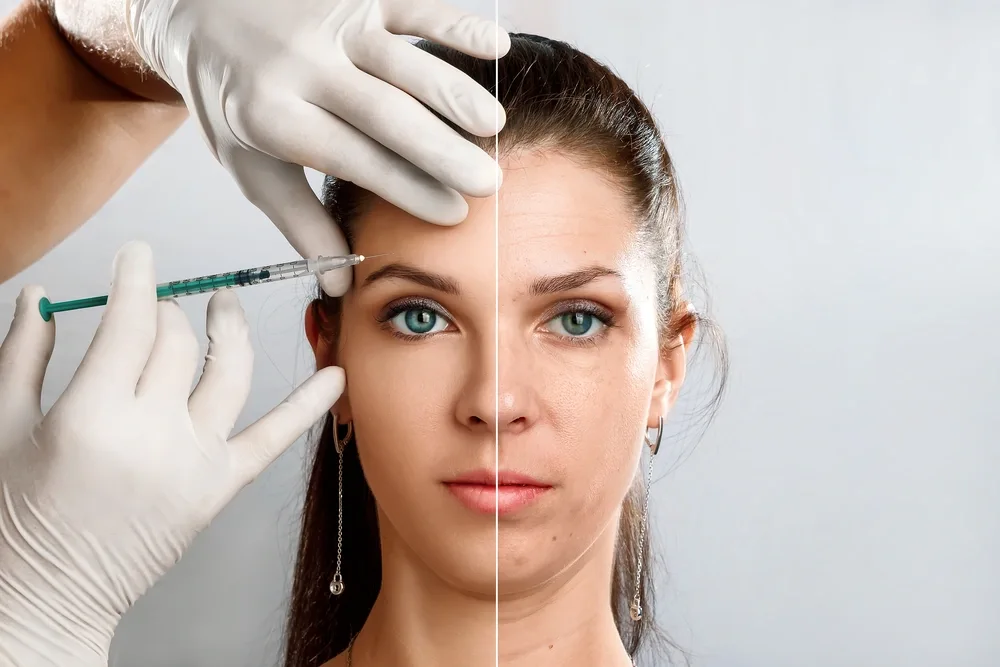

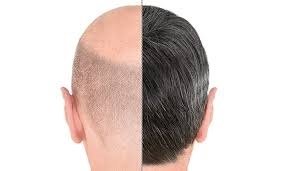
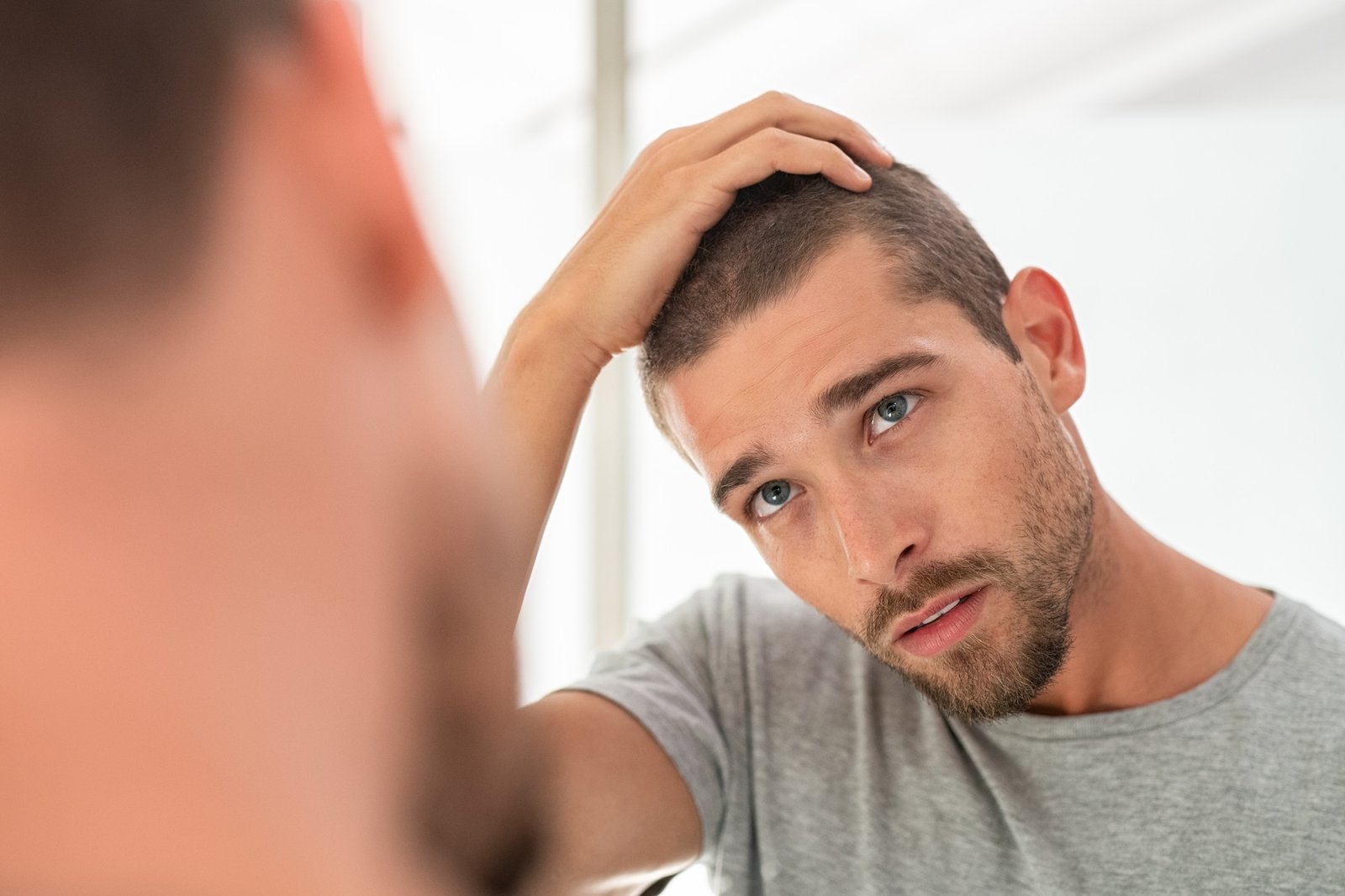
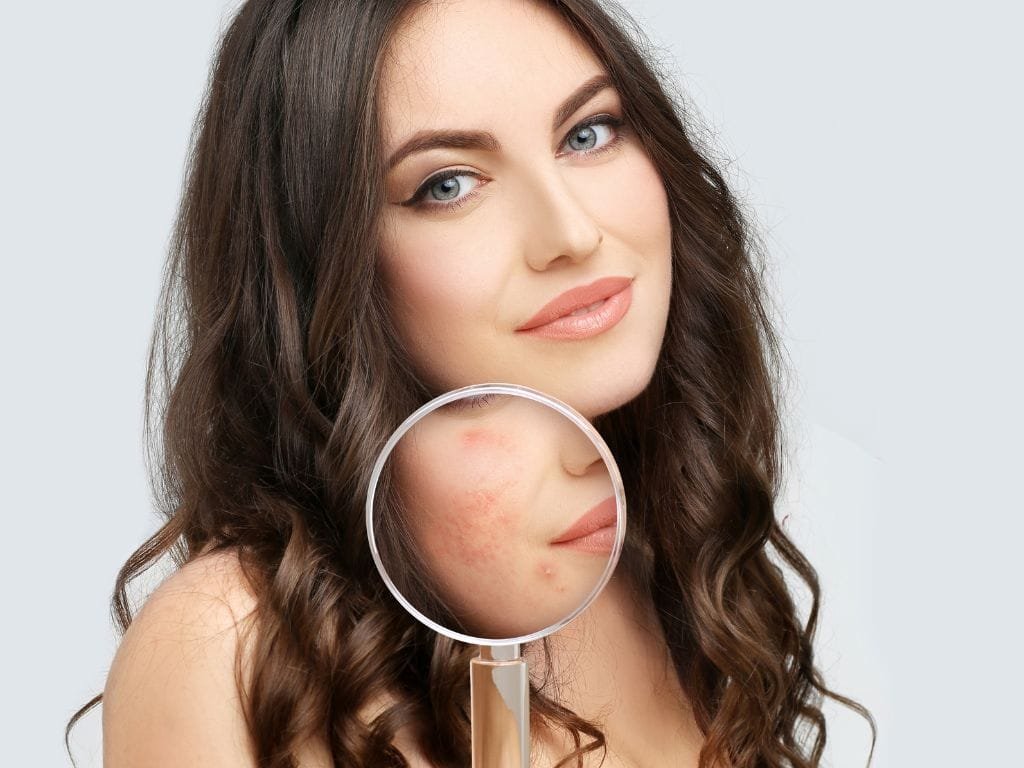
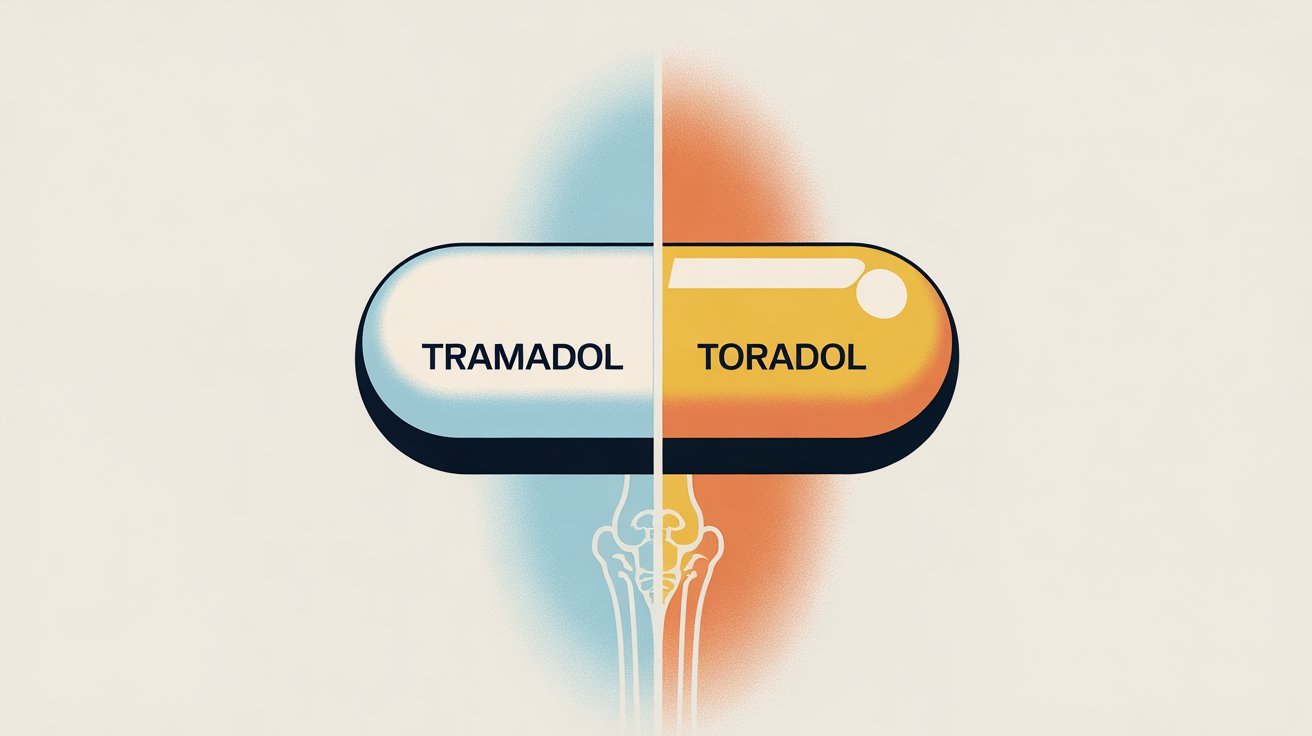
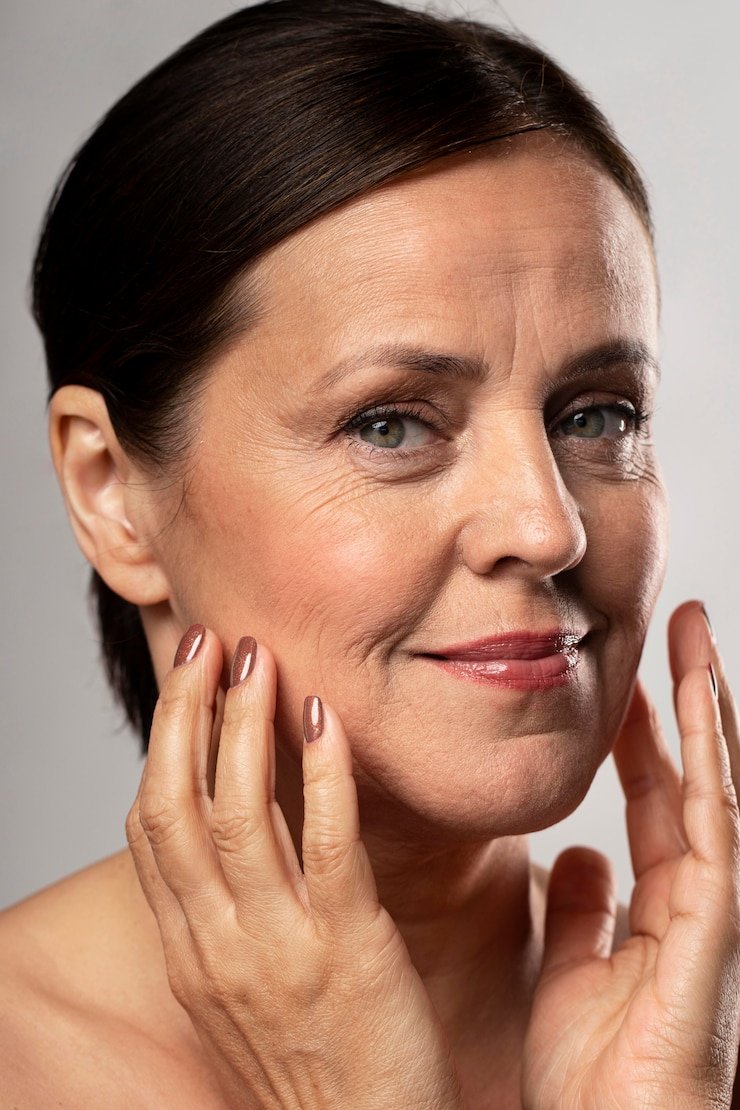
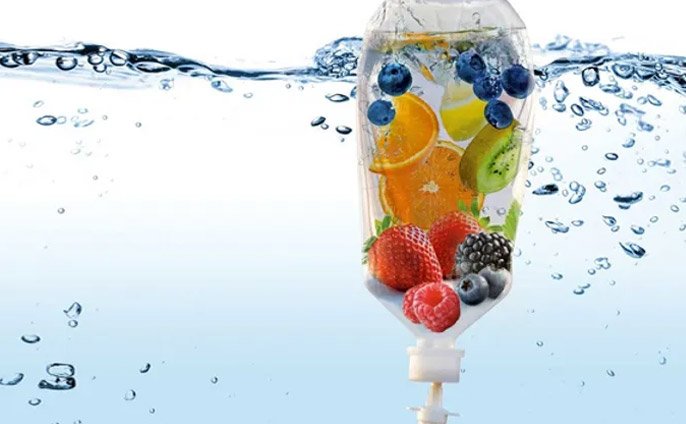
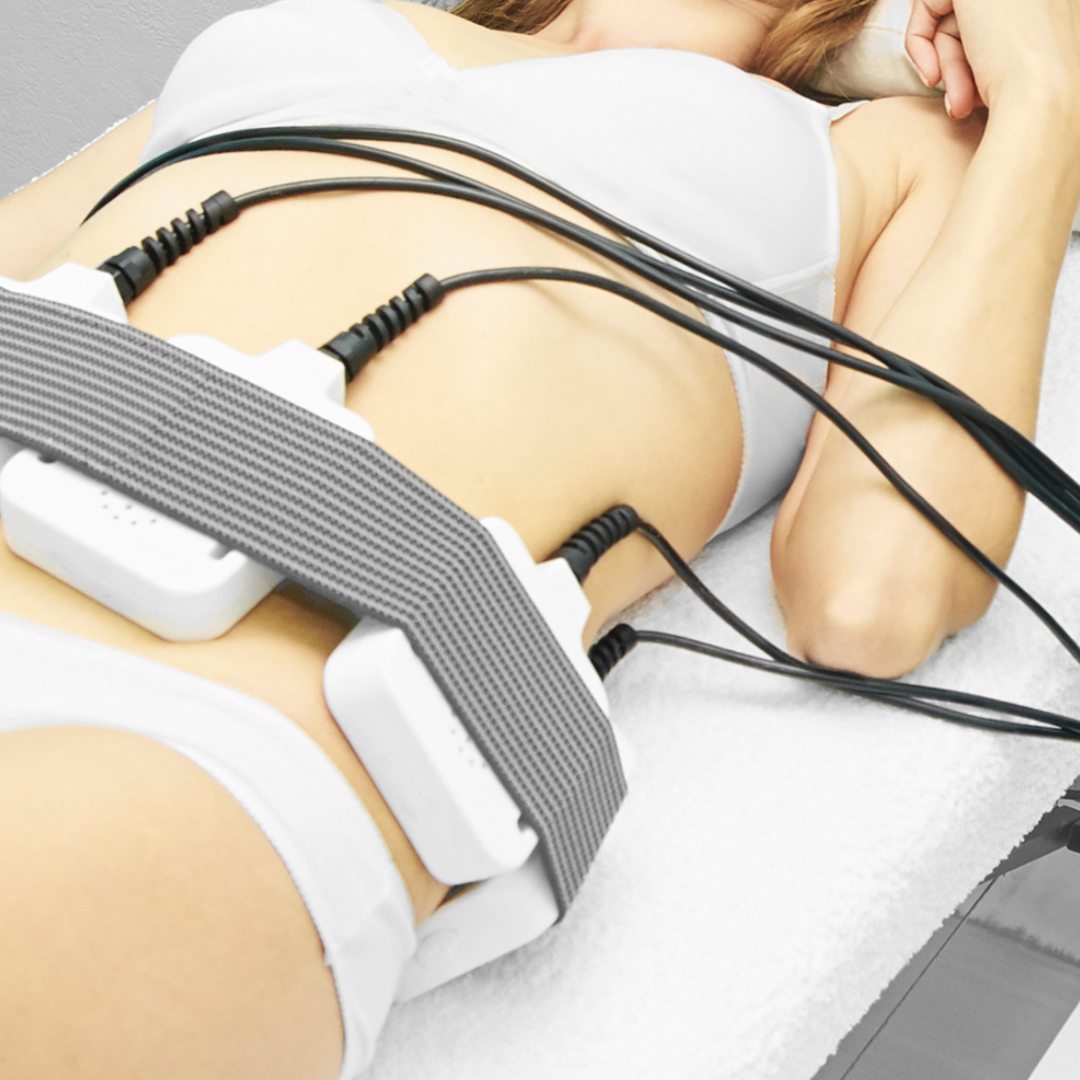





Leave a Reply